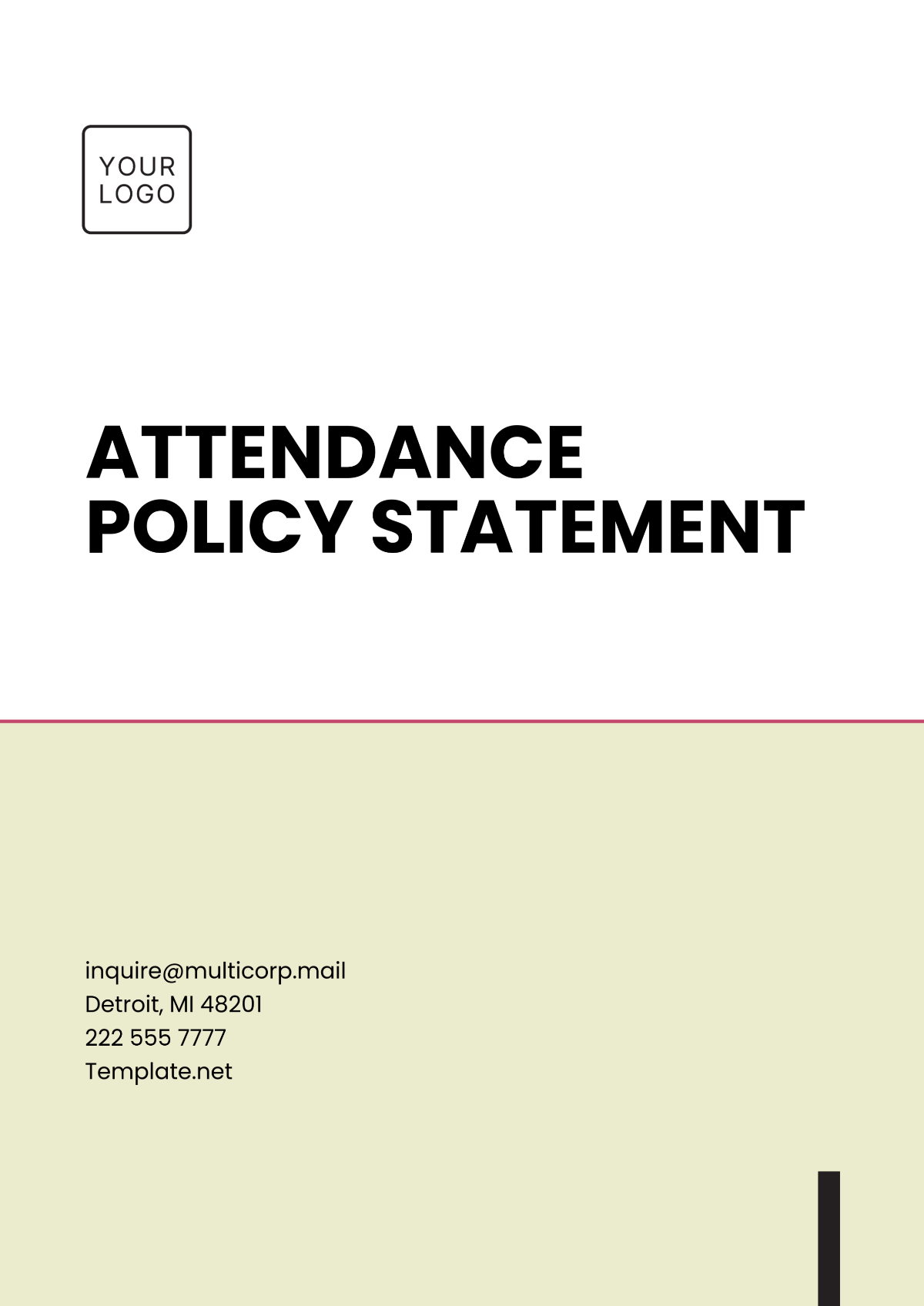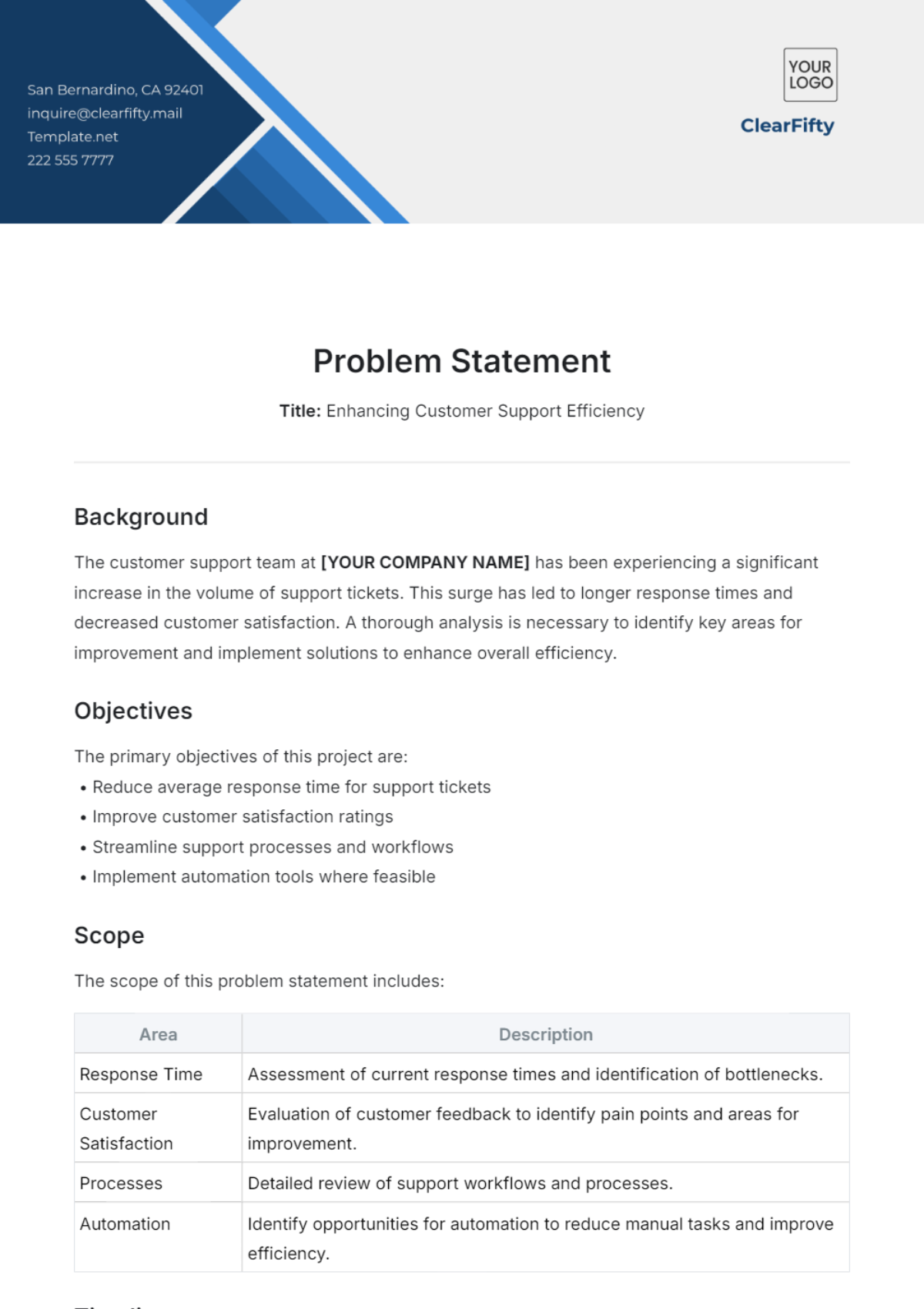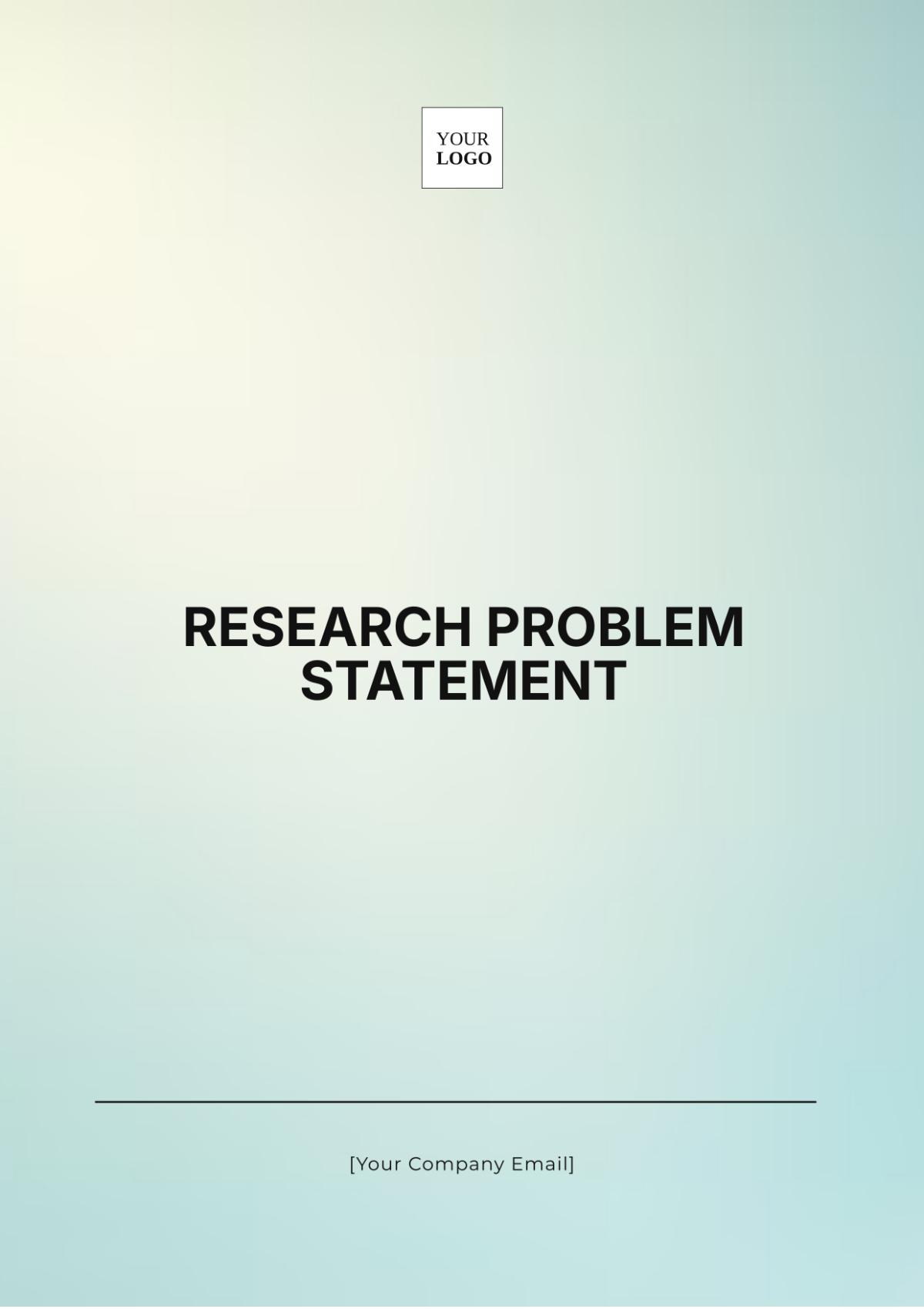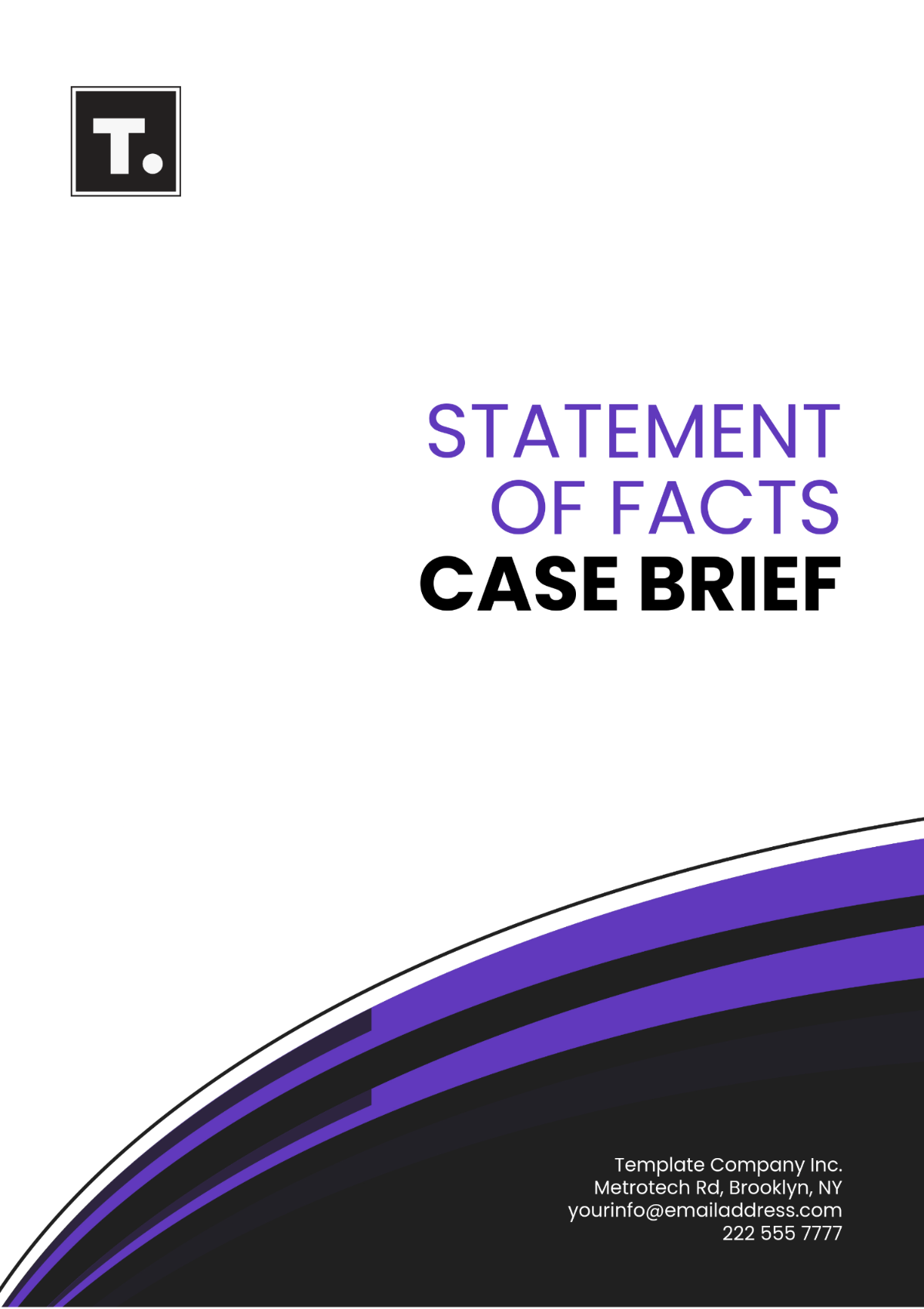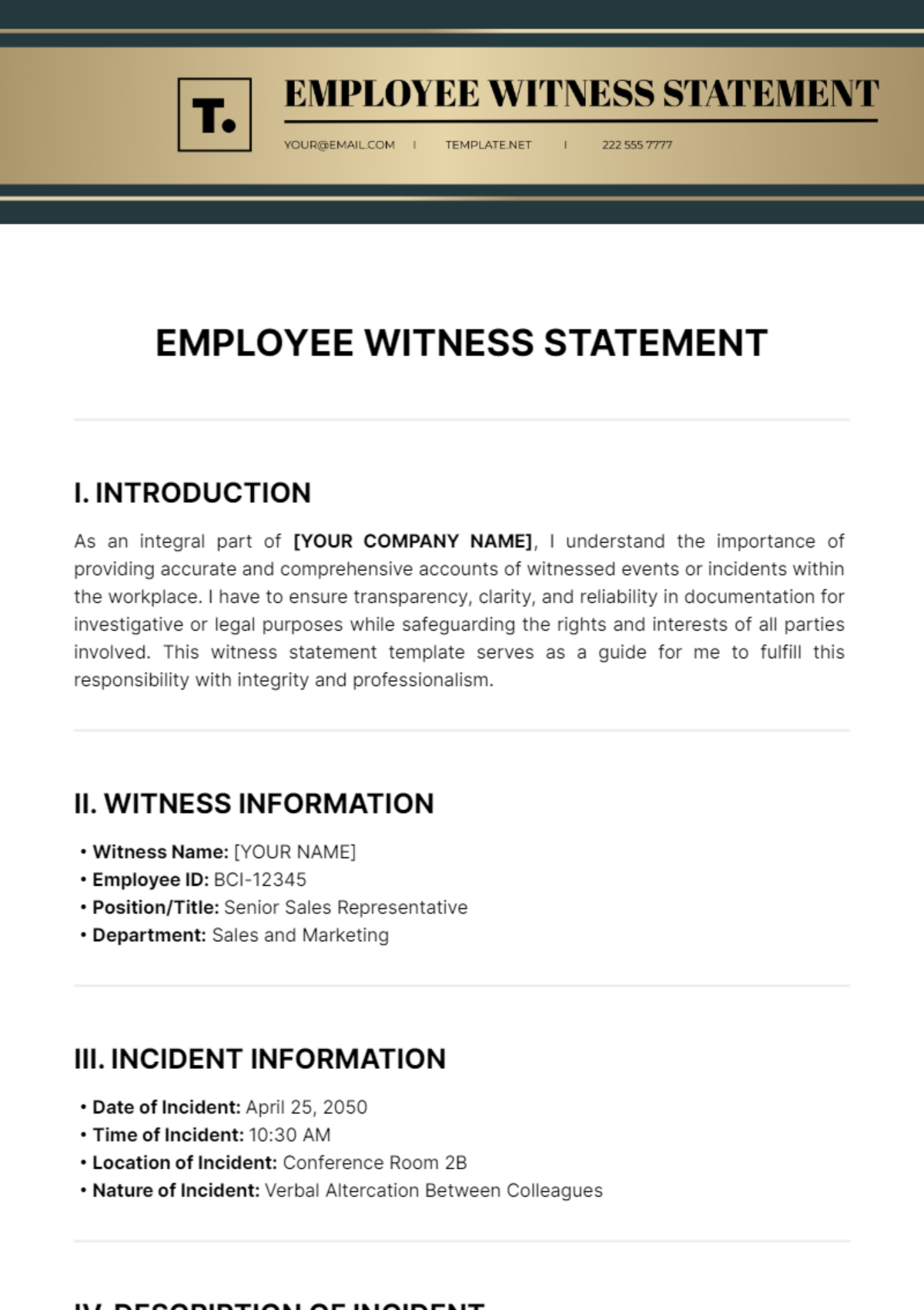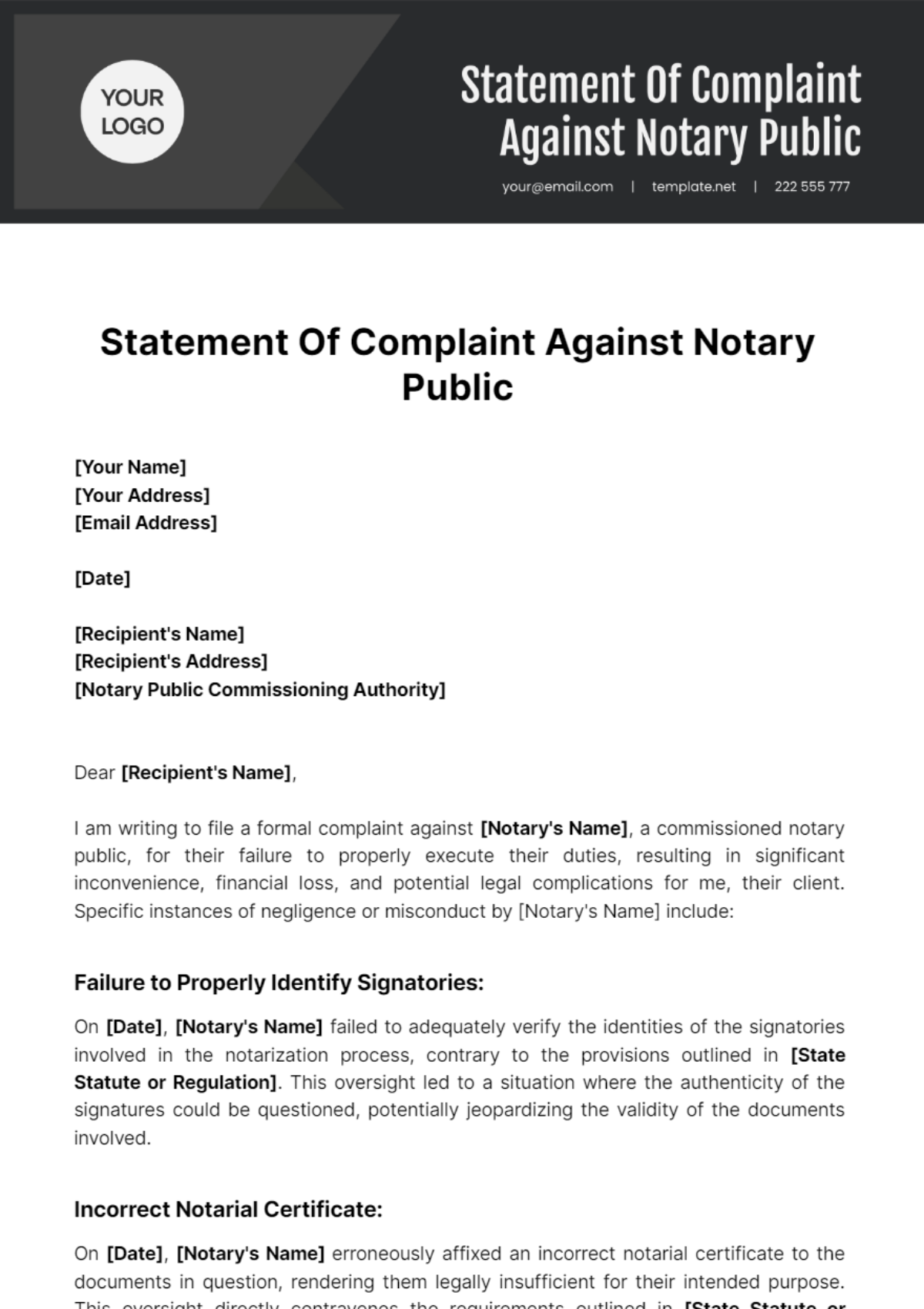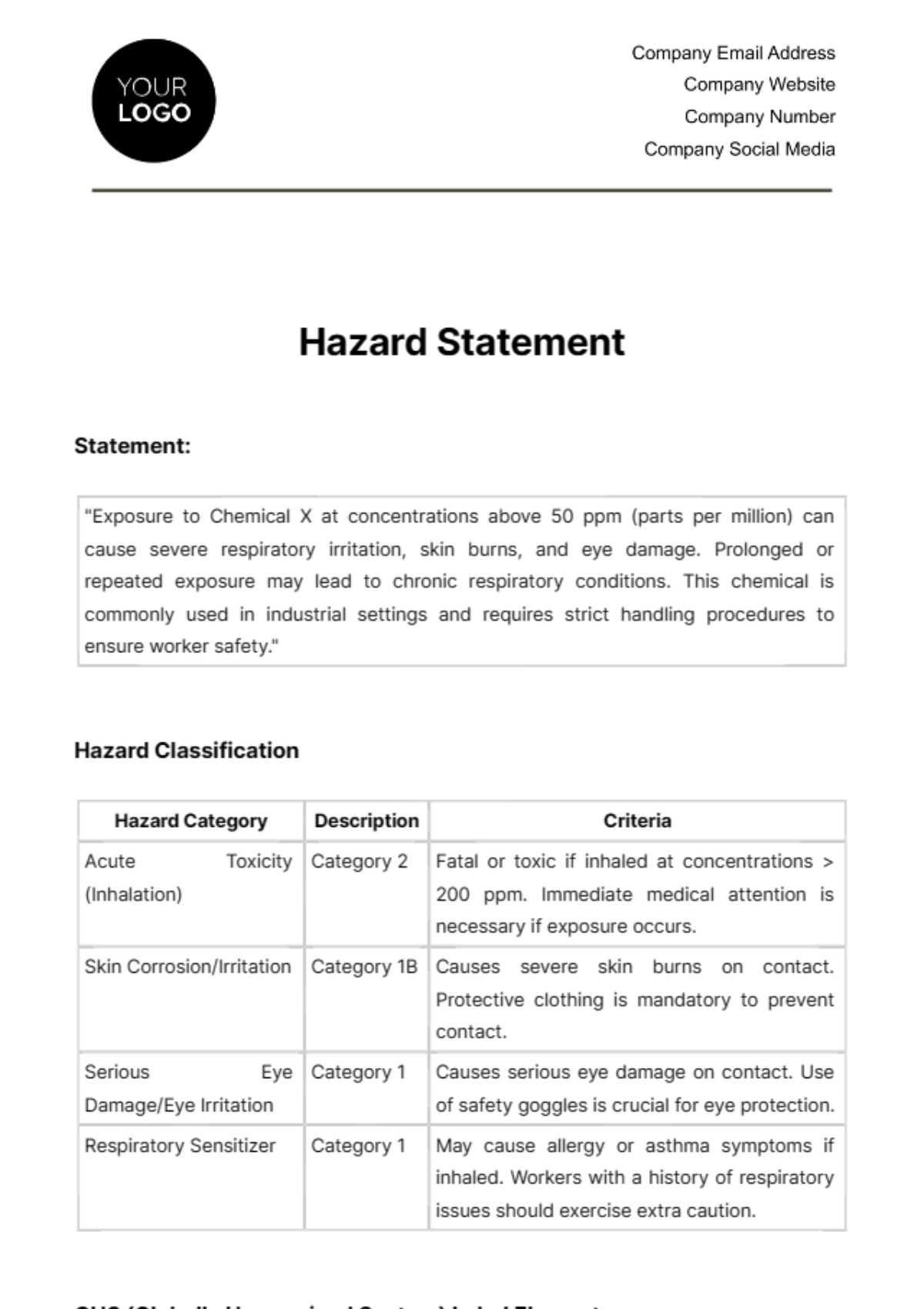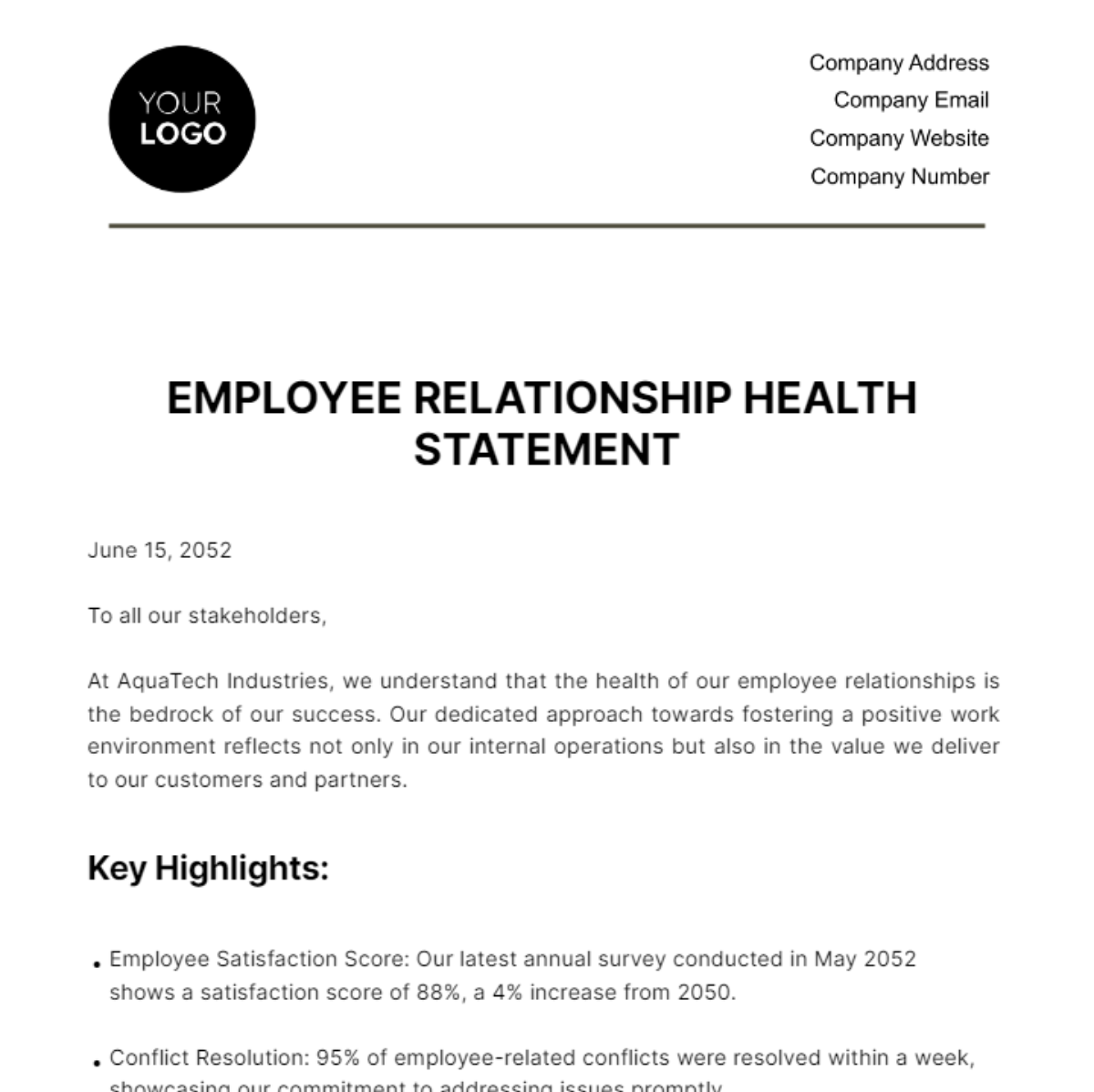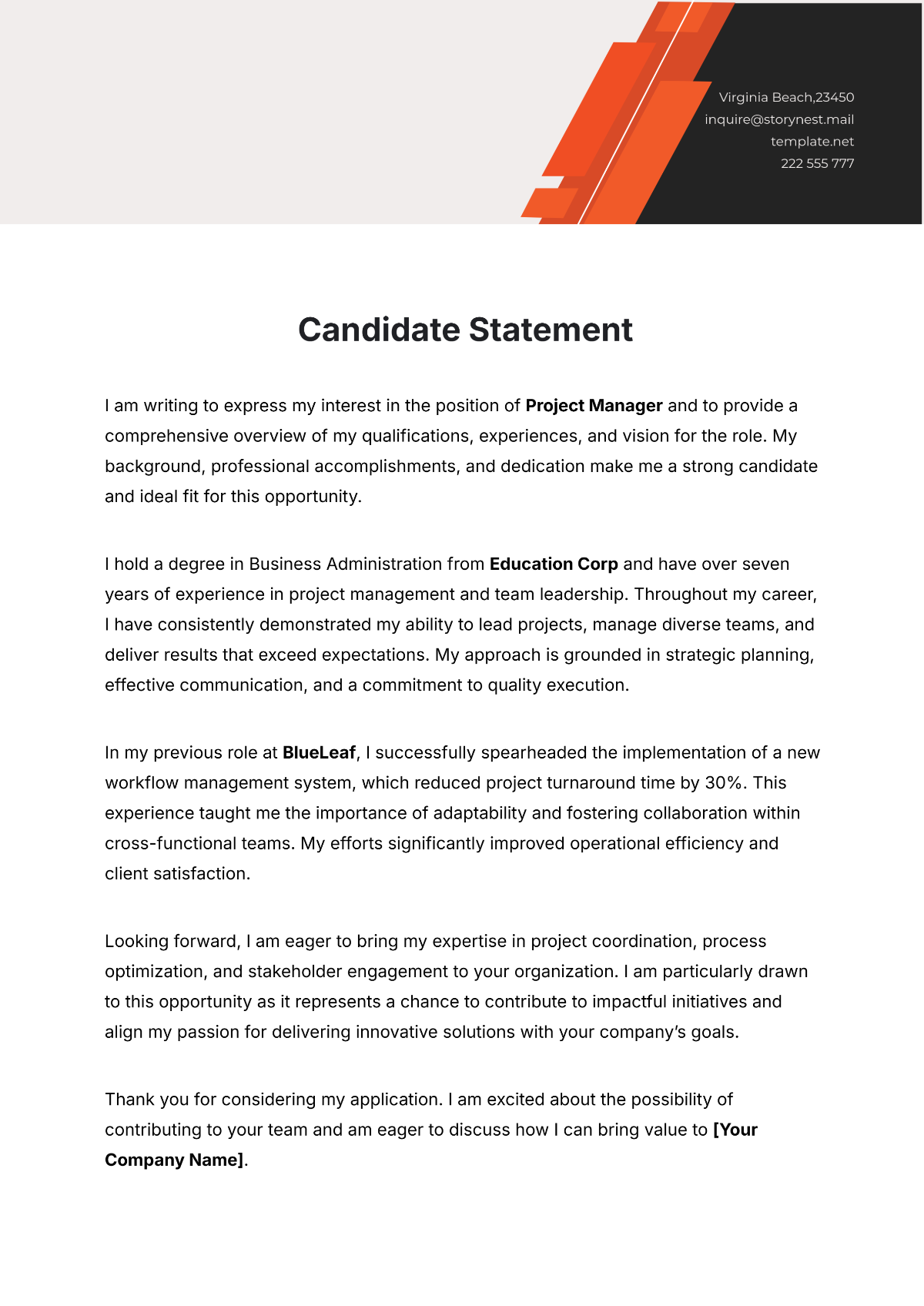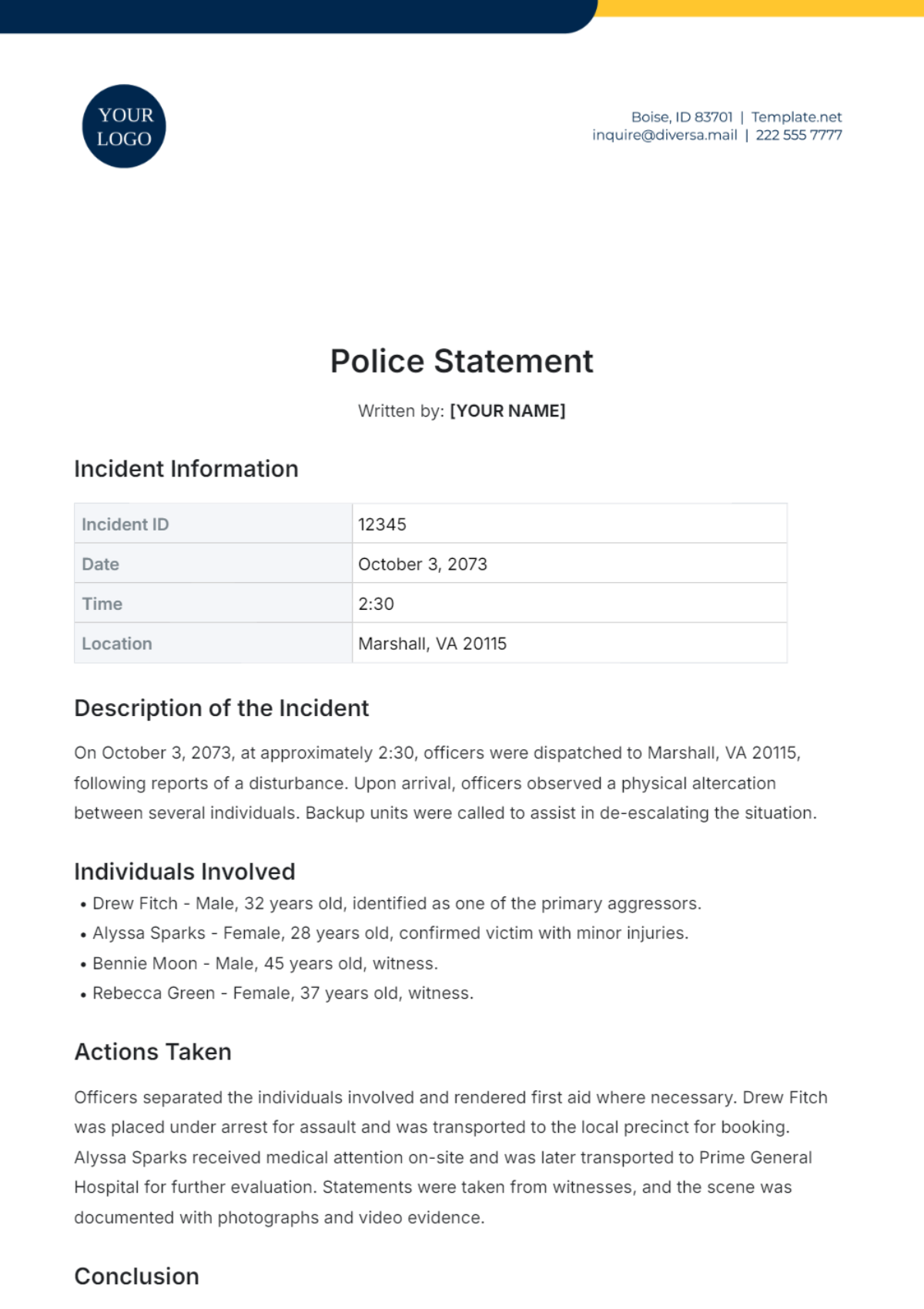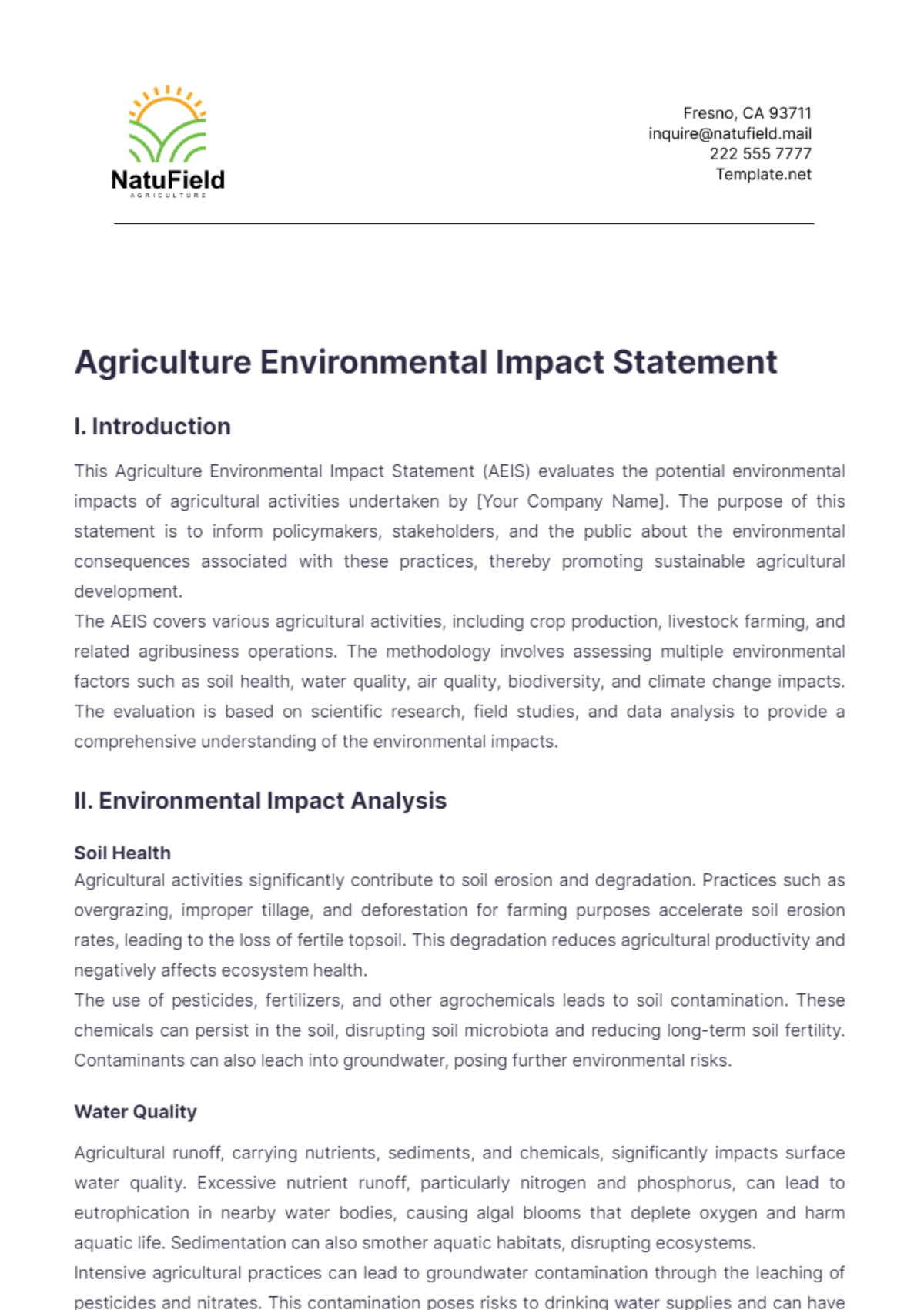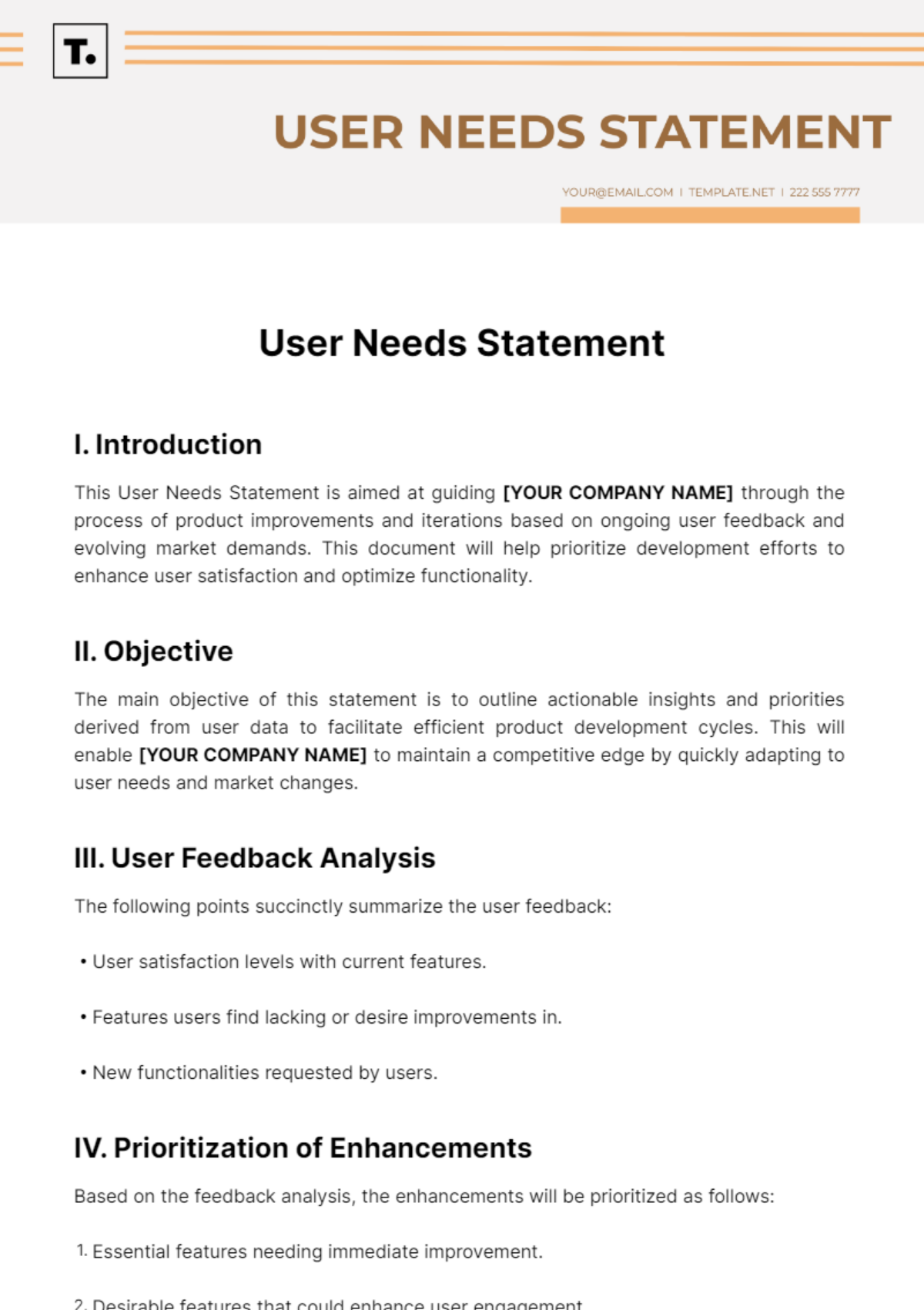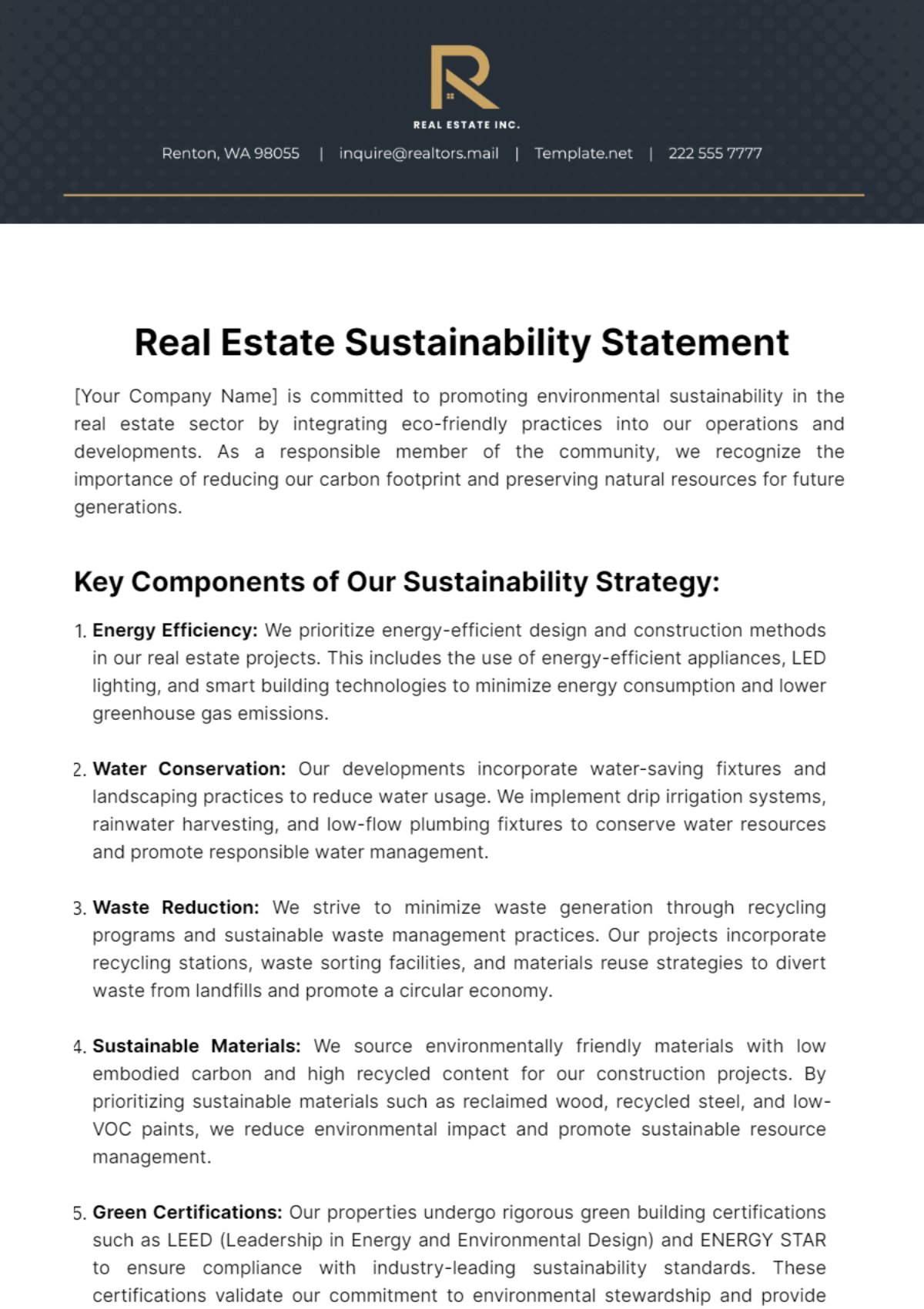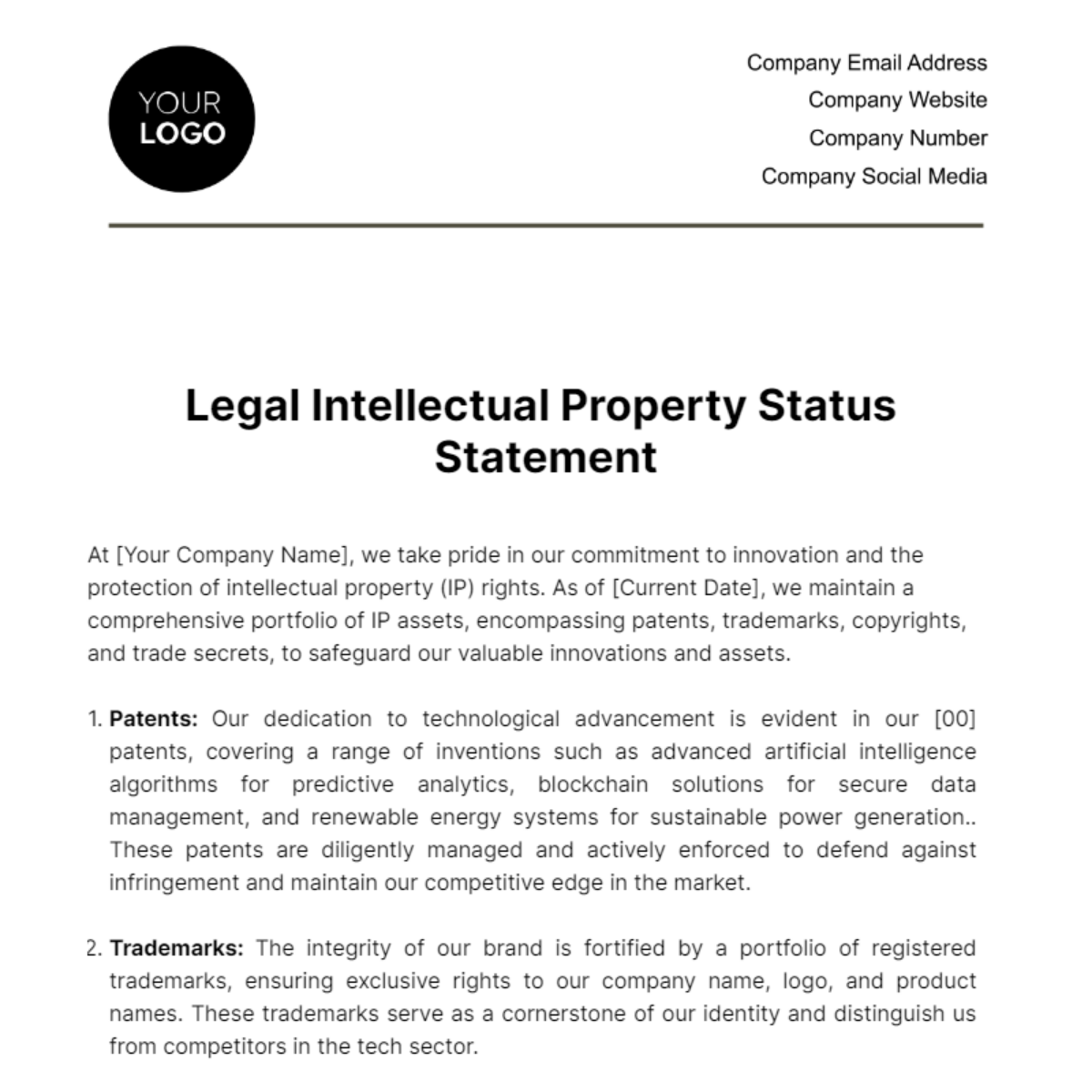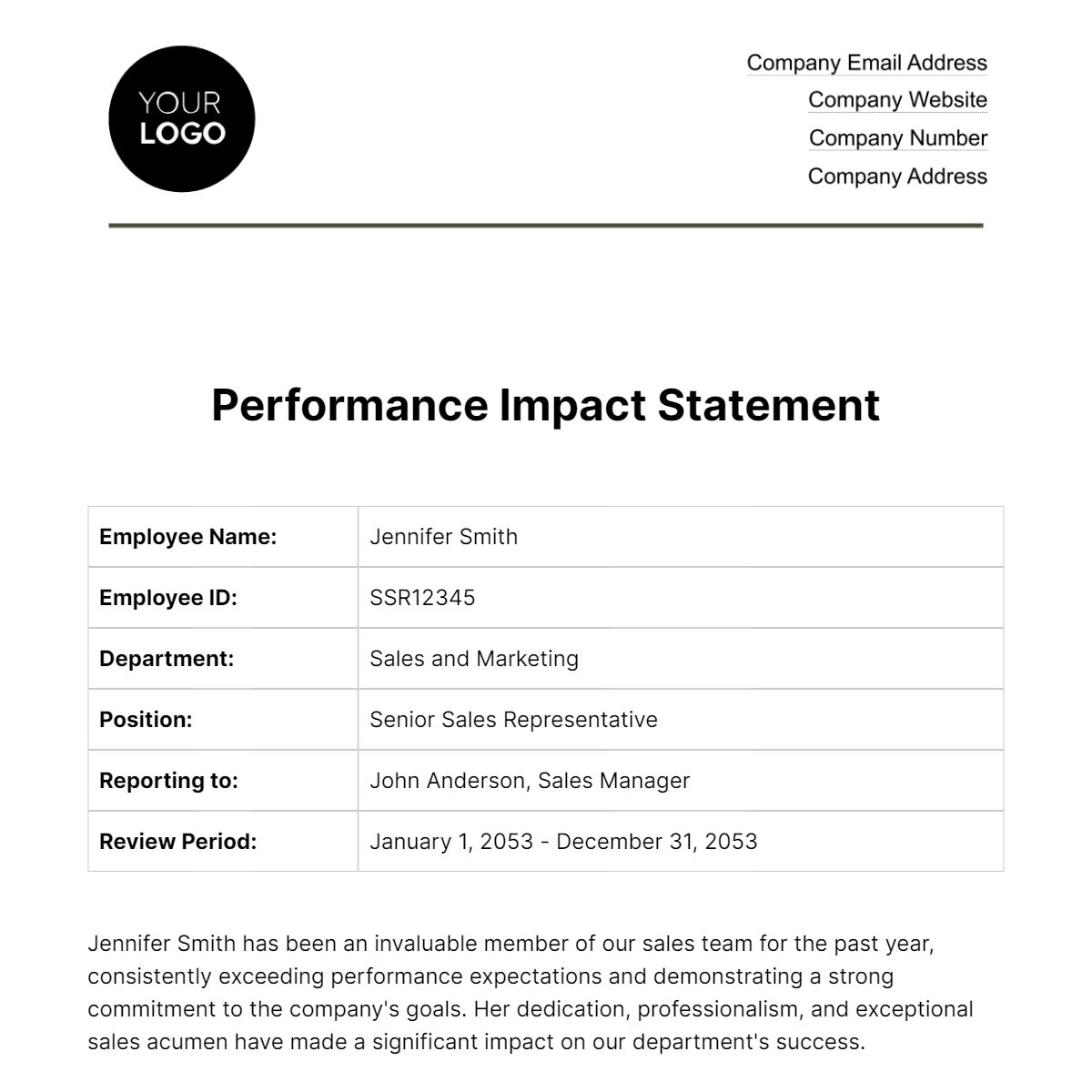Research Problem Statement
Prepared by: [Your Name]
Date: [Date]
1. Introduction
As the world approaches 2050, the growing demand for sustainable urban living has brought the issue of water scarcity in mega-cities to the forefront. Rapid urbanization, climate change, and population growth have exacerbated the strain on freshwater resources, making it imperative to address the challenges of water management. This document focuses on the research problem related to water scarcity in mega-cities, outlining the core challenges and opportunities that need to be investigated to develop effective solutions for sustainable water management.
2. Problem Statement
By 2050, it is projected that over 70% of the global population will reside in urban areas, with mega-cities (cities with populations exceeding 10 million) facing the most severe water shortages. The primary problem is the inadequate infrastructure and inefficient water management systems that are failing to meet the demands of rapidly growing urban populations. Despite advancements in water conservation technologies, there remains a significant gap in understanding how to optimize water distribution and reduce wastage in densely populated urban environments.
The lack of comprehensive research on sustainable water management practices tailored to mega-cities has led to escalating water crises, with negative impacts on public health, economic stability, and social equity. This research aims to address this gap by providing an in-depth analysis of water management challenges in mega-cities, ultimately seeking to enhance the resilience of urban water systems.
3. Research Objectives
To identify and analyze the key factors contributing to water scarcity in mega-cities by 2050.
To assess the effectiveness of current water management practices in mitigating water scarcity in urban environments.
To explore innovative solutions and technologies that can improve water distribution and conservation in mega-cities.
To provide actionable recommendations for policymakers and urban planners to enhance the sustainability of urban water systems.
4. Research Questions
What are the primary factors driving water scarcity in mega-cities by 2050?
How effective are existing water management practices in addressing the challenges of water scarcity in urban areas?
What innovative solutions or technologies can be implemented to optimize water distribution and reduce wastage in mega-cities?
What policy measures are essential for ensuring sustainable water management in rapidly growing urban environments?
5. Scope and Limitations
This research will focus on the issue of water scarcity in mega-cities from 2050 to 2070. The study will examine case studies from various global mega-cities, including those in both developed and developing countries. Limitations may include the variability of regional climate conditions, the availability of data on water management practices, and the unpredictability of future technological advancements.
6. Methodology
The research will employ a mixed-methods approach, combining quantitative data analysis with qualitative case studies. Quantitative data will be gathered from water usage statistics, urban growth projections, and climate models. Qualitative insights will be obtained through interviews with urban planners, water management experts, and policymakers. Data will be analyzed using statistical tools and thematic analysis to provide a comprehensive understanding of the problem and potential solutions.
7. Significance of the Study
Addressing the problem of water scarcity in mega-cities is crucial for ensuring the sustainability of urban living by 2050. This research will provide valuable insights into the factors driving water scarcity and the effectiveness of current management practices. By identifying innovative solutions and offering policy recommendations, the study aims to support the development of resilient urban water systems, contributing to the overall well-being of urban populations and the stability of global cities.
8. Conclusion
The research problem statement highlights the critical issue of water scarcity in mega-cities, a challenge that will only intensify as urban populations continue to grow. By focusing on the key factors driving this issue and exploring potential solutions, this research aims to fill existing gaps in knowledge and provide actionable recommendations for sustainable water management. The findings will be instrumental in shaping future urban planning and policy decisions, ensuring that mega-cities can thrive in a world increasingly defined by water scarcity.
